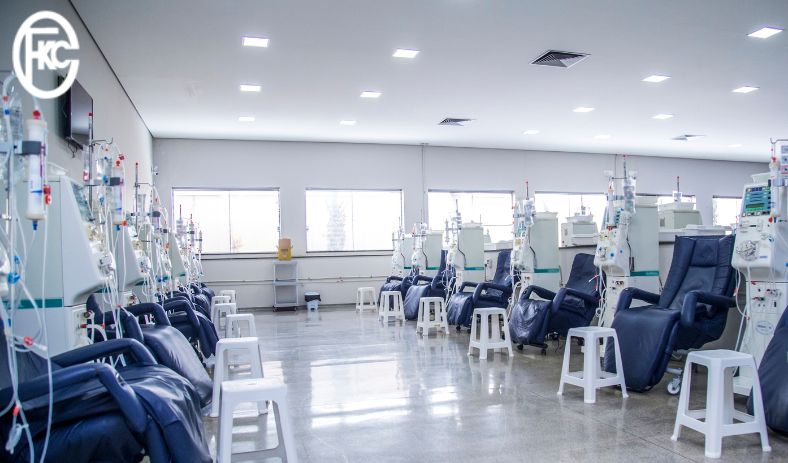
Hemodialysis is an essential medical treatment for patients who have reached the end stage of kidney failure. By controlling the patient's fluid and waste levels, this treatment has the potential to lengthen a person's lifespan. Hemodialysis sessions typically last for three hours each and occur thrice weekly. This article will delve into hemodialysis to learn more about what it is and how it works.
What is Hemodialysis?
Hemodialysis is a type of dialysis that uses a machine to filter waste and excess fluids from the blood. This life-saving treatment can be performed at a dialysis center in Orlando, fl or at home with the help of a trained caregiver.
How Does Hemodialysis Work?
The hemodialysis machine is composed of a dialyzer and a blood pump. The dialyzer is a large, hollow tube that contains a semipermeable membrane. This membrane is permeable to small molecules like water and wastes but not to larger molecules like blood cells.
Blood from the patient is pumped through the dialyzer, where it comes into contact with the dialysate, a unique solution that contains electrolytes and other minerals. Dialysis exchanges these minerals and wastes with the dialysate, and the clean blood is pumped back into the patient.
In Florida, hemodialysis centers typically take place thrice a week for three to four hours per session. Home hemodialysis can be done more frequently and often takes place overnight while the patient sleeps.
No matter where it occurs, hemodialysis requires using a needle to access the patient's blood supply. A reputable center will ensure that the needle insertion is as painless as possible and that the patient remains comfortable throughout the treatment.
What Are the Benefits of Hemodialysis?
Hemodialysis can prolong the life of those with kidney failure and also improve the quality of life by alleviating many of the symptoms associated with the condition. These symptoms can include fatigue, nausea, vomiting, shortness of breath, and muscle cramps. In addition, hemodialysis can help to control high blood pressure, which is common in those with kidney failure.
3 Benefits of Hemodialysis:
1. Hemodialysis can prolong the life of those with kidney failure.
2. Hemodialysis can improve the quality of life by alleviating many symptoms associated with the condition.
3. Hemodialysis can help to control high blood pressure, which is common in those with kidney failure.
What Are the Risks of Hemodialysis?
Like any medical procedure, there are some risks associated with hemodialysis. These risks include infection, low blood pressure, bleeding, and reactions to the dialysate. However, these risks are usually soft and can be effectively managed by experienced medical professionals.
Hemodialysis is an essential treatment for people who have kidney failure, as it has the potential to significantly improve both the quality and the quantity of the remaining life. If you or a loved one are experiencing kidney failure, you should discuss hemodialysis with your primary care physician to determine whether or not this treatment is appropriate for you.